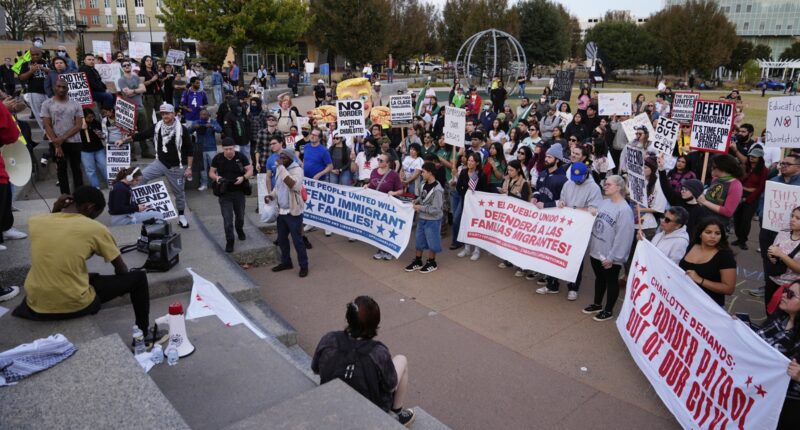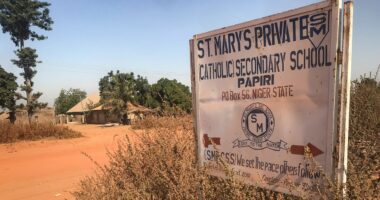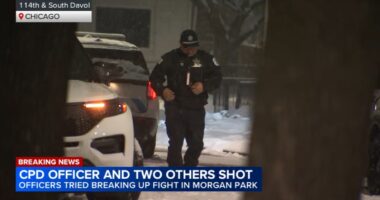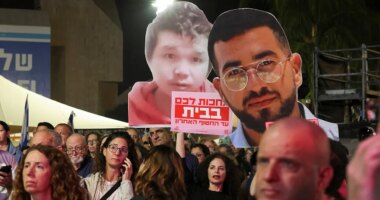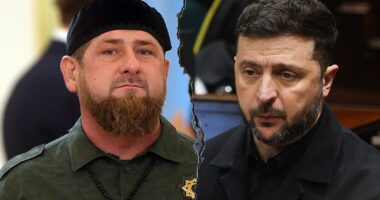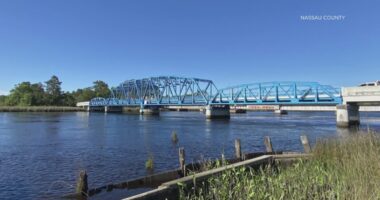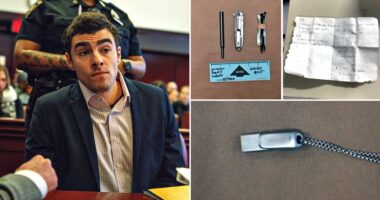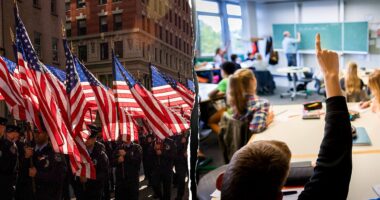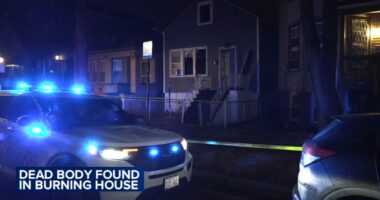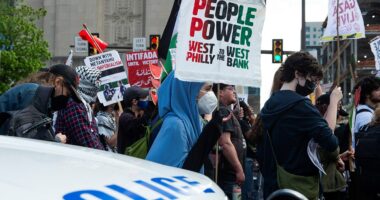Share this @internewscast.com
CHARLOTTE, N.C. — On Sunday, a senior Border Patrol official highlighted a series of arrests in Charlotte, North Carolina, as residents reported seeing federal immigration officers in various parts of the city, including near churches, apartment complexes, and retail areas.
The Trump administration has focused its latest immigration enforcement efforts on this Democratic stronghold of approximately 950,000 residents, arguing it will help reduce crime. This move comes despite strong opposition from local leaders and statistics indicating a decrease in crime rates.
Gregory Bovino, who previously coordinated a similar operation in Chicago, took to social media to announce that his team had made over 80 arrests. His posts included images of individuals described by the administration as “criminal illegal aliens,” referring to those living in the U.S. without legal status and who allegedly have criminal records. Among these was a man reportedly with multiple drunk driving convictions.
Bovino wrote on X, “We arrested him, removing him from Charlotte’s streets to prevent further law violations, such as driving intoxicated on the roads shared with you and your loved ones.”
This initiative has been named “Operation Charlotte’s Web,” a nod to a well-known children’s book not associated with North Carolina.
The operation has sparked anxiety and numerous questions among locals, including concerns about where those arrested will be detained, the duration of the enforcement actions, and the methods employed by the agents. These tactics have previously been criticized in other regions for being overly aggressive and racially biased. On Saturday, reports surfaced of at least one U.S. citizen being forcefully detained and briefly held.
At Camino, a nonprofit group that offers services to Latino communities, some said they were too afraid to leave their homes to attend school, medical appointments or work. A dental clinic the group runs had nine cancellations on Friday, spokesperson Paola Garcia said.
“Latinos love this country. They came here to escape socialism and communism, and they’re hard workers and people of faith,” Garcia said. “They love their family, and it’s just so sad to see that this community now has this target on their back.”
Bovino’s operations in Chicago and Los Angeles triggered lawsuits over the use of force, including widespread deployment of chemical agents. Democratic leaders in both cities accused agents of inflaming community tensions. Federal agents fatally shot one suburban Chicago man during a traffic stop.
Bovino, head of a Border Patrol sector in El Centro, California, and other Trump administration officials have called their tactics appropriate for growing threats on agents.
The Department of Homeland Security, which oversees CBP, did not respond to inquiries about the Charlotte arrests. Bovino’s spokesman did not return a request for comment Sunday.
Elsewhere, DHS has not offered many details about its arrests. In the Chicago area, the agency only provided names and details on a handful of its more than 3,000 arrests in the region from September to last week. U.S. citizens were detained during several operations. Dozens of protesters were arrested.
By Sunday, reports of CBP activity around Charlotte were “overwhelming” and difficult to quantify, Greg Asciutto, executive director of the community development group CharlotteEast, said in an email.
“The past two hours we’ve received countless reports of CBP activity at churches, apartment complexes and a hardware store,” he said.
City council member-elect JD Mazuera Arias said federal agents appeared to be focused on churches and apartment buildings.
“Houses of worship. I mean, that’s just awful,” he said. “These are sanctuaries for people who are looking for hope and faith in dark times like these and who no longer can feel safe because of the gross violation of people’s right to worship.”
Two people were arrested during a small protest Sunday outside a DHS office in Charlotte and taken to a local FBI office, said Xavier T. de Janon, an attorney who was representing them. He said it remained unclear what charges they faced.
DHS said it was focusing on North Carolina because of so-called sanctuary policies, which limit cooperation between local authorities and immigration agents.
Several county jails house immigrant arrestees and honor detainers, which allow jails to hold detainees for immigration officers to pick them up. But Mecklenburg County, where Charlotte is located, does not. Also, the city’s police department does not help with immigration enforcement.
DHS alleged that about 1,400 detainers across North Carolina had not been honored, putting the public at risk.
“We are surging DHS law enforcement to Charlotte to ensure Americans are safe and public safety threats are removed,” Assistant Secretary Tricia McLaughlin said in a statement.
Tareen and Dale reported from Chicago. Witte reported from Annapolis, Maryland.
.
